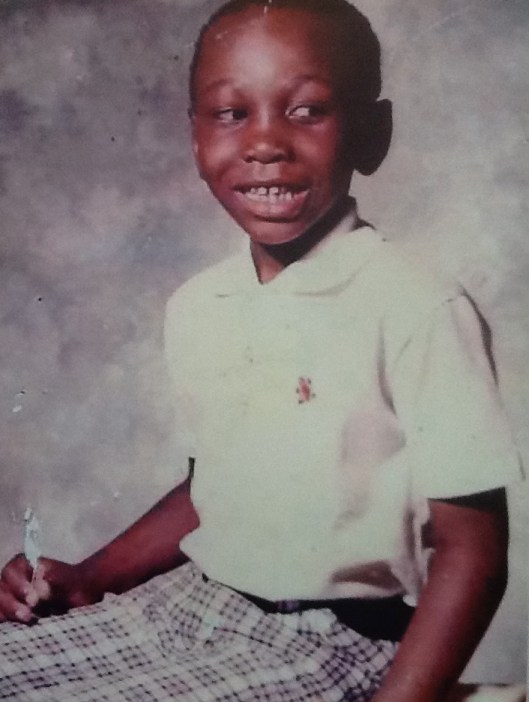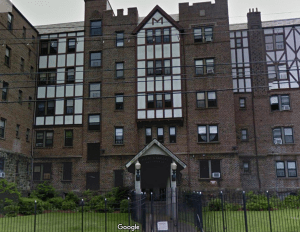Tags
Abuse, Faith, Fake People, Fake Unity, Imani, Kujichagulia, Kwanzaa, Maulana Karenga, Nia, Poverty, Self-Determination, Suicide, Ujima, Umoja, Unity

Today is my 52nd birthday. My born day always coincides with the early Capricorn season, winter breaks, and falls two days after the celebration of Jesus’ birthday (which is NOT December 25th, no matter what dumb white people and unthinking Christians think). My birthday sometimes falls in the middle of Hanukkah (I think it did one time during the Hebrew-Israelite years, but I’d have to look that one up). My date of birth is also always on the second day of Kwanzaa, known as Kujichagulia, Swahili roughly meaning “self-determination.”
On this last one, I must confess. I learned a bit about Kwanzaa growing up, but it was in my Black Studies courses I learned about Maulana Karenga and his Afrocentric visions and philosophy. Kwanzaa was among the creations of Karenga and other like-minded brothas and sistas from the more radical part of the Movement. That was more than 30 years ago. I am not a Kwanzaa celebrant. But I fully believe in all its principles. Mostly because I would not be here at 52 if I didn’t.
Kujichagulia was a principle I understood long before I took my first Swahili class in Fall 1990. I had to. Between poverty, physical abuse, suicidal ideations, and the occasional bouts with bullying and ostracism, not taking some charge over my life would’ve ended it. Seriously. But too much self-determination without others’ help or guidance (Ujima or Nia) between twelve and a half and my 14th birthday left me one leap off a bridge away from death. Somehow, I managed not to take my own life that day, or in the 38 years since.
Self-determination has been very good to me, despite the bruises and busted up body parts I picked up early on. I determined I should cut my own path, to the chagrin of my teachers and a good portion of my middle school and high school classmates, not to mention my guidance counselor. I learned how to cook like my mom despite her not wanting to teach me how to cook, a week or so after my youngest brother came into the world. The same thing goes with shooting a J, dribbling left and right handed, writing, jumping rope, loving and forgiving others, moving on (eventually) from those who have hurt me, and a million other things I cannot name because Kujichagulia has been my everything since 1982. I am so fully into Kujichagulia that I’ve made my own birthday cakes and desserts most years since my 15th birthday in 1984. This year, I made myself German Chocolate cupcakes!
But Umoja is just as important. Unity as a principle has been as hard for me as Kujichagulia has been easy. Most people in my life have given me little reason to trust them in their truth, in their half-hearted offers of help, in their words consistently not matching their deeds or follow-through. I live by the words, “do unto others as you would have others do unto you,” but so many have failed to live up to those words, my family members included. Even when I ask for help, what I often get back is silence, or few offers in kind, and usually no equivalent measure in deed. Maybe it’s because I never joined a frat, never found a permanent church home, was never particularly “cool,” or have worked in affluent spaces around folks who would never get my one-generation-removed-from-sharecropping-but-lived-with-welfare-poverty-for five-years self. What makes me truly sad is the Black folks who should get me, but choose not to.
But none of this is really about me. It’s about people who want unity without self-determination or purpose or faith. Umoja cannot work without Kujichagulia, Nia, and Imani. We live in an especially narcissistic age, on top of the half-millennium of narcissism that systemic racism, nationalism, and capitalism has wrought. I am not trying to be popular. I am trying desperately to be me, the best version of me I can be.
I have a couple of more mountains to climb. One is to finally publish a book in a more traditional way, so that all the work isn’t on me (alternatively, I were to self-publish, maybe raise $20,000 or $25,000 through GoFundMe — probably not). I suspect this goal is not the mountain I have built it up to be. The other is to get out of the adjuncting ratrace. If that means leaving academia again, or leaving the US and living overseas, or even giving up on writing for a time. Whatever is next, I hope that Kujichagulia is the principle guiding me to these places and spaces, and not fake Umoja. There’s already been too much of that in my life.














